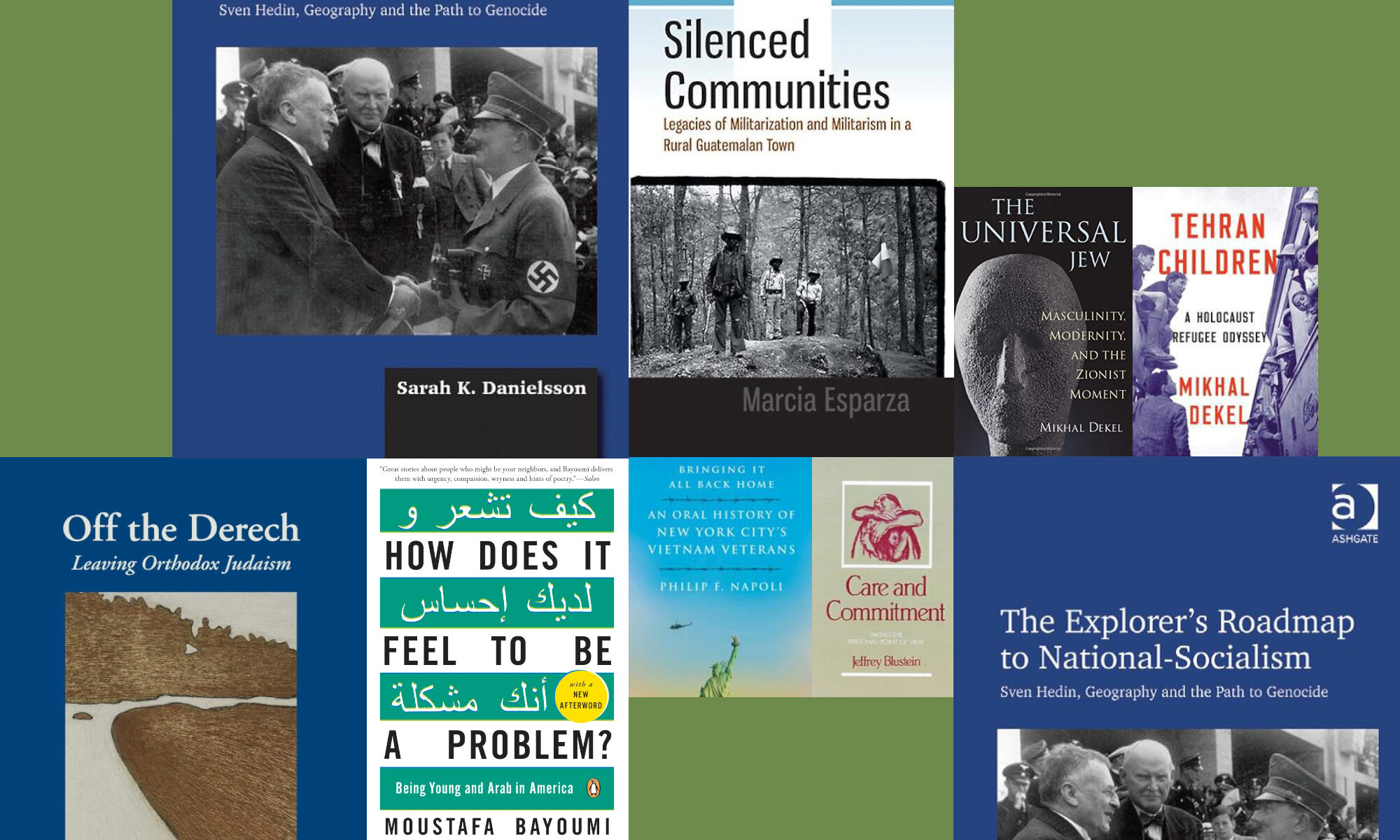Affiliated Scholars: CUNY
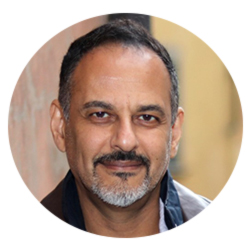
Moustafa Bayoumi is Professor in the English Department at Brooklyn College, CUNY. He is the author of the critically acclaimed How Does It Feel To Be a Problem?: Being Young and Arab in America (Penguin), which won an American Book Award and the Arab American Book Award for Non-Fiction, and of This Muslim American Life: Dispatches from the War on Terror, which was chosen as a Best Book of 2015 by The Progressive magazine and was also awarded the Arab American Book Award for Non-Fiction. A frequent contributor to The Guardian, Bayoumi has also written for the New York Times, New York magazine, The Nation, CNN.com, the London Review of Books, the Chronicle of Higher Education, and many other places.

Jeffrey
Blustein
Arthur Zitrin Professor, Department of Philosophy, City College
Areas: Moral Psychology, with particular emphasis on blame, forgiveness, and the emotions; Memory Studies, with a focus on the ethics of memory and memorialization, and the nature of collective remembering; and Biomedical Ethics.
Jeffrey Blustein received his Ph.D. at Harvard University. He is currently Arthur Zitrin Professor in the department of Philosophy at City College, following many years as a clinical bioethicist at Montefiore Medical Center and Albert College of Medicine in the Bronx, New York. His other major area of specialization is the ethics of memory and memorialization, and he has published two books on the subject, The Moral Demands of Memory (Cambridge, 2008), and Forgiveness and Remembrance (Oxford, 2014). The second edition of his popular Handbook for Health Care Ethics Committees, co-authored with Linda Farber Post, is due out from Johns Hopkins Press later this year.
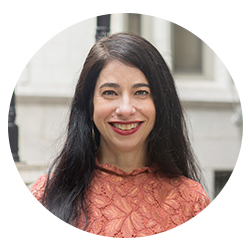
Laura B.
Cohen
Executive Director, The Harriet and Kenneth Kupferberg Holocaust Center Queensborough Community College, CUNY
Areas: Holocaust, Genocide and Atrocity Site Memorials and Museums; Transitional Justice and Memorialization; Dark Tourism; Critical Genocide Studies; and Human Rights Education
Laura B. Cohen, Ph.D., is the Executive Director of the Harriet and Kenneth Kupferberg Holocaust Center (KHC) at Queensborough Community College—CUNY. Dr. Cohen received her doctorate from Rutgers University’s Division of Global Affairs where she researched the intersection of transitional justice and contested narratives at the Srebrenica Genocide Memorial in Bosnia and Herzegovina. Her analysis builds upon her extensive fieldwork in the Balkans and at atrocity site memorials in Germany, Poland, Cambodia, and Rwanda. Her chapter about the Srebrenica Memorial was published in the edited volume, Understanding Atrocities: Remembering, Representing and Teaching Genocide (University of Calgary Press, 2017) and she has lectured widely about memorialization, transitional justice, and genocide education. Dr. Cohen also holds an M.S. from New York University’s Center of Global Affairs and an M.A. in Media Studies from The New School.

Sarah K. Danielsson is Professor in the Department of History. She has published monographs and edited volumes on intellectual history, histories of mass violence and genocide. Her research and teaching interests include, modern European intellectual history, genocide and human rights, history of geography/historical geography, modern central Europe, trans-national history, history of ideas, history of nationalism and the nation-states. Professor Danielsson has organized a number of conferences and lectures and has received funding from the National Endowment for the Humanities and the DAAD, among others. She is currently researching nineteenth century demographic theory and policy, and its relationship to genocide.

Mikhal Dekel is Professor in the English Department at the CUNY Graduate Center and the City College of New York where she teaches comparative Literature and Middle East Studies and also directs the Rifkind Center for the Humanities and Arts. She is the recipient of fellowships from the National Endowment for the Humanities, the Mellon Foundation and the Lady Davis Foundation, among others. She is the author of Tehran Children: A Holocaust Refugee Odyssey; The Universal Jew: Modernity, Masculinity and the Zionist Moment; and the Hebrew monograph Oedipus in Kishinev. Tehran Children was finalist for the Sami Rohr Prize, the Chautauqua Prize and the National Jewish Book Awards. It has been featured in the New York Times, The Guardian the BBC, C-Span, Journal of Foreign Policy, Jewish Review of Books, among other venues.
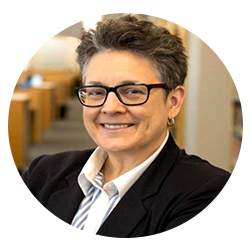
Tanya
Domi
Adjunct Assistant Professor of International and Public Affairs at Columbia University
Areas: Human rights in Post-Soviet and Post-Yugoslav states; Women in Politics and Media freedoms in Transitional Democracies; Foreign Policies of Post-Soviet and Post-Yugoslav states and consequences of war trauma on post-conflict states.
Tanya Domi is an Adjunct Assistant Professor of International and Public Affairs at Columbia University and a faculty affiliate of the Harriman Institute where she teaches human rights and international affairs in the Western Balkans. Prior to joining the faculty in 2008, Domi worked for the late Congressman Frank X. McCloskey, serving as his defense policy analyst in the early 1990s during the run-up to the Bosnian war. Domi served in the OSCE Mission to Bosnia and Herzegovina 1996-2000 as Spokesperson, Counselor to the Head of Mission and Chair of the OSCE Media Experts Commission. Domi has worked in a dozen countries, including Kosovo, Montenegro and Serbia in the Balkans. The focus of her work has been democratic, economic, media and political transitional development, as well as human rights and gender/sexual identity issues. Domi is a widely published author and is currently writing a book on the LGBTI human rights movement in the Western Balkans.
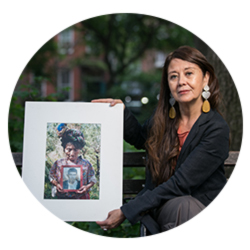
Marcia
Esparza
Professor, Department of Criminal Justice, John Jay College of Criminal Justice, City University of New York.
Areas: State Crimes; Genocide, Criminology, Memory-silence; Aftermath; Postcolonial; Military Museums; Critical Military Studies, Memory Museums; Human Rights; Resistance; Prisons; Visual Sociology, immigration; Indigeneity.
Marcia Esparza is a Professor at the John Jay College, CUNY. She grew up in Chile during General Augusto Pinochet Ugarte dictatorship (1973-1990). She has been a field researcher for the UN’s sponsored Historical Clarification Commission (1997-1999) in Guatemala. She is the recipient of fellowships from the Ford Foundation and the National Endowment for the Humanities (NEH). She is the co-editor of: Transitional Justice: a Janus-Faced Paradigm; Remembering the Rescuers of Victims of Human Rights Crimes in Latin America and State Violence and Genocide in Latin America: The Cold War Years. She is the author of Silenced Communities: Militarization and Militarism in a Rural Guatemalan Town, and serves as a member of the International Network of Genocide Scholars, INOGS, and International Association of Genocide Scholars, IAGS. She was the co-editor for the Journal of Genocide Research (2017-2019). Since 2016, she has been analyzing military museums in the Baleares Island, Spain for her book, Sediments of Empire.

Jessica Lang is a Professor in the English Department and in the Jewish Studies program at Baruch College, CUNY. She is the founding William Newman Co-Director of the Wasserman Jewish Studies Center and is currently serving as the Interim Dean of the Weissman School of Arts and Sciences. She has written widely on the Holocaust from primary eyewitness accounts and in second and third generation accounts in memoirs, novels, graphic works, short stories, and poems. Her book Textual Silence: Unreadability and the Holocaust (Rutgers, 2017) challenges the ways in which readers read and process the Holocaust. She has also published in the area of contemporary Jewish-American letters. Most recently she co-edited Off the Derech: Leaving Orthodox Judaism, a collection of scholarly essays and narrative accounts considering leave-taking from a strictly religious (Jewish) upbringing. She lives in Manhattan with her family.
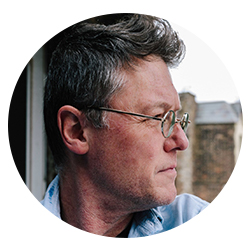
Dr. Philip Napoli is an Associate Professor and chair of the Brooklyn College Department of History. He completed his graduate work in 1998 at Columbia University. His book Bringing It All Back Home: An Oral History of New York City’s Vietnam Veterans was published in 2013. His current manuscript, More Than Our Own Pain: John Rowan and Vietnam Veterans of America will be published by the University of Massachusetts Press in 2023.
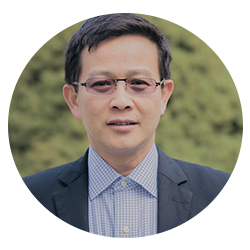
Dr. Kosal Path is an associate professor of political science at Brooklyn College. He was a researcher for Yale University’s Cambodian Genocide Program from 1995 to 1999. He served as deputy director of the Phnom Penh-based Documentation Center of Cambodia from 1997 to 2000. He was a research fellow at the Shoah Foundation Institute at the University of Southern California in 2012. At Brooklyn College, he teaches international relations theories, the politics of genocide and ethnic cleansing, and human rights in world politics. His research interests include thought reform and political indoctrination during the Democratic Kampuchea regime, post-genocide transitional justice, and international relations in Southeast Asia. He is the author of Vietnam’s Strategic Thinking during the Third Indochina War (University of Wisconsin Press, 2020).
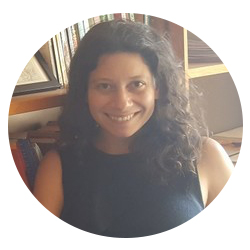
Dr. Jill Rosenthal is an Assistant Professor in the department of History at Hunter College, CUNY. Her research examines the history of migration, identity, violence, and international aid in the African Great Lakes region—with a specific focus on the legacy of colonial borders and illicit migration (often termed “refugee” flows). Her book manuscript, From Migrants to Refugees: Humanitarian Aid, Nationalism, and Rwandan Refugees in Ngara District, Tanzania, argue that transnational aid to Rwandan refugees unfolded as part of a broader project of nation state formation and regulation–one which deeply affected regional narratives of community and belonging. Her research and teaching focus on violent processes of identity construction during and following the colonial time period. She is particularly interested in analyzing the etiology of mass violence across different time periods and geographical spaces.

Dr. Elke Weesjes is Research and Programming Director at the Kingsborough Holocaust Center. Her work has been published by journals including Children Youth, and Environments; Cahiers d’histoire. Revue d’histoire critique; The Psychologist; Twentieth Century Communism, a journal of international history; and Tijdschrift for Genderstudies. She is the author of Growing Up Communist in the Netherlands and Britain: Childhood, Political Activism, and Identity Formation (Amsterdam University Press, 2021).
Her current research project, funded by the ACLS/Mellon Foundation, explores what it was like to grow up on the political fringes of American society in the latter part of the 20th century and is based on a series of interviews with children of Ku Klux Klan members.
At Kingsborough, Weesjes teaches the Nazi Holocaust among other history courses.

Michaela Soyer received her PhD in Sociology from the University of Chicago. Prof. Soyer is the author of two books: A Dream Denied: Incarceration, Recidivism and Young Minority Men in America and Lost Childhoods. Poverty, Violence, and Trauma in the Post-Welfare Era (both UC Press). Her third book, The Price of Freedom: Criminalization and Management of ‘Outsiders’ in Germany and the United States is again under contract with UC Press.
In The Price of Freedom she argues that Germany’s criminal justice system builds on mechanisms of the welfare state to enforce compliance of marginalized populations. Discussing the extreme overrepresentation of immigrants in German prisons and the continued discrimination against those who are not ethnically German, this book cautions U.S. activists and politicians to cite Germany as a model for criminal justice reform.
For her next book project Prof. Soyer focuses on so-called “Berufsverbrecher” (career criminals) and their role as witnesses during investigations against Nazi war criminals in post-war Germany. As criminologist she also continues to work on the relationship between poverty, incarceration and access to health care.

Danielle A.
Zach
Assistant Professor, Political Science and Human Rights, Department of Interdisciplinary Arts and Sciences at The City College of New York (CCNY)
Areas: Armed Conflict; Transnational Radicalism; Migration; Diaspora Politics; Human Rights; Transitional Justice; International Peace and Security; Global Governance
Danielle A. Zach is Assistant Professor of Political Science and Human Rights at The City College of New York’s Division of Interdisciplinary Studies at the Center for Worker Education. Her courses encompass such themes as armed conflict, mass atrocity crimes, and forced migration. She is the host of the podcast Rights Talk at CCNY Downtown, co-organizer of CCNY’s Human Rights Forum, and chair of CCNY’s Critical Perspectives on Human Rights Conference. For more than a decade, Dr. Zach was a Research Fellow at The CUNY Graduate Center’s Ralph Bunche Institute for International Studies, where she worked on issues pertaining to the United Nations, especially concerning international peace and security. She was previously Assistant Professor at the Political Science Department of Adelphi University, and Visiting Scholar of Irish Studies at NYU.


